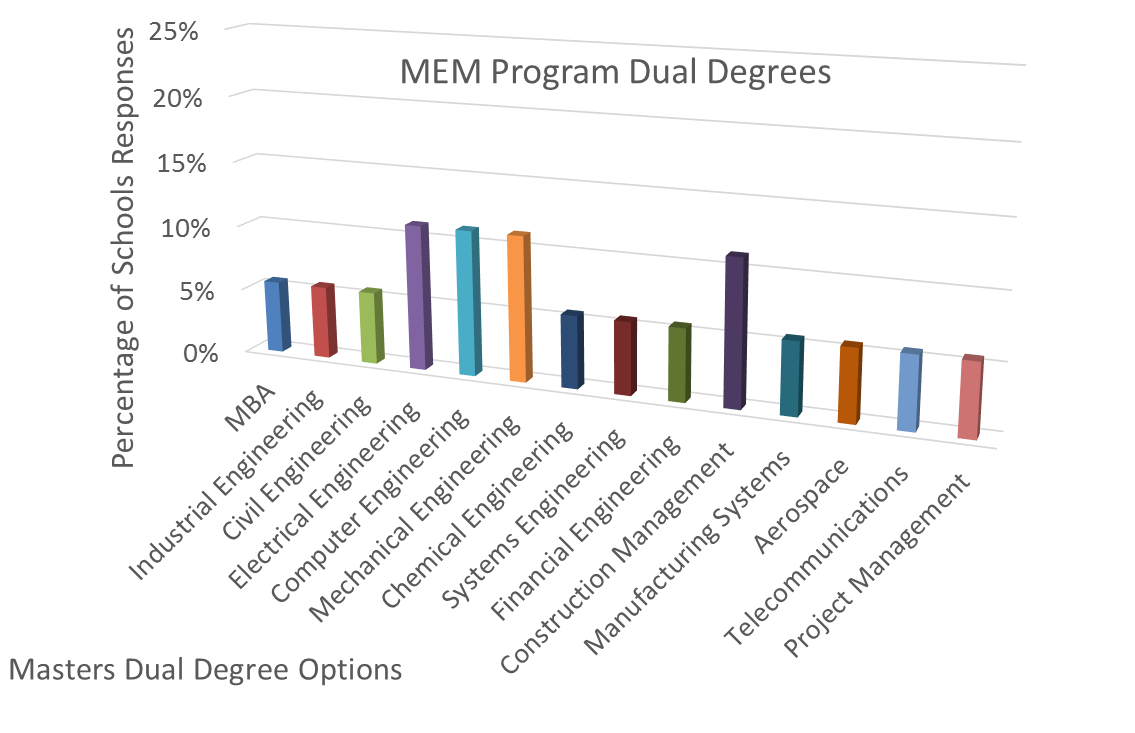
Safety engineers are involved in developing and implementing integrated management strategies. This profession requires a good knowledge of regulations, standards, systems, and other relevant information. They also need to be proficient in relevant technologies. Here are some details about the education and job requirements of a safety engineer. A Bachelor's degree is necessary to become a safety engineers.
Safety engineers are responsible for the following job duties
Safety engineers are responsible for identifying, analyzing and reporting hazards at work. They also carry out occupational diseases investigations and conduct accident investigations. Other duties of safety engineers include analyzing statistical data and interpreting safety regulations. Safety engineers are responsible for developing safety features in products and processes that will limit environmental and employee exposures. They also test machinery and equipment to ensure they are safe.
Safety engineers can work in an office or in the field. They test machines, buildings, tools, processes, and other items to make sure they don't cause accidents. They might also work in a team to improve safety procedures. Safety engineers are responsible for the design and testing of underground mine equipment. They may also be responsible for managing rescue teams.

Safety engineers collaborate with designers to ensure safe products and processes. They are responsible for creating procedures and processes, explaining them to management, as well as making sure that the workers fully understand them. They could also be responsible for organizing seminars or planning training classes.
Education requirements
Safety engineers require a wide range of education because they are responsible for developing an integrated management system that prevents injuries and accidents. This role requires a thorough knowledge of safety standards, legislation, and systems. In addition, the role requires a high level of interpersonal skills. Here are some important requirements for safety engineers.
A bachelor's degree is usually required in engineering. Some universities offer specialized courses in health and safety. You should ensure that the program chosen is accredited by ABET (Accreditation Board for Engineering and Technology). You can also get a master's level in safety and occupational health, which will help you gain more job marketability and job experience.
Strong computer skills are also required. Health and safety engineers must know how to integrate various systems and anticipate human reactions to changes. A strong work ethic is essential in addition to technical skills. Your job will require you to review and maintain records, as well as guide workers in implementing countermeasures to prevent accidents. You'll also need strong communication skills to understand safety regulations and explain their purpose.

Perspectives on the job
A safety engineer has many responsibilities. One of these duties is to develop an integrated management system. As such, the position requires a thorough understanding of various standards, legislation, and systems. Safety engineers are responsible for the development and implementation of safety programs. This includes creating a safety policy and risk assessment tools.
The rewarding career of a health and safety engineer can be fulfilling. Your job is to ensure the safety of people, products, buildings and the environment. You can use your creativity and problem-solving skills as a health and safety engineering engineer to solve many different problems. In addition, the career comes with excellent benefits and competitive pay. If you're interested in pursuing a career in this field, consider viewing a sample job description below. It will give you an idea of the types of work employers are looking for.
A variety of environments are available for health and safety engineers, including industrial plants, laboratories, office buildings and offices. They might also be required to travel across the United States for work. Some jobs require overtime. These professionals use scientific and analytical tools to ensure workplace safety and environmental quality. They will also need to be proficient using CAD software and computer assisted design.
FAQ
How long does it take for an engineer to become?
There are different routes into engineering. Some people study immediately after high school graduation, while others go to college to further their education.
Some students will choose to enter a degree program right out of high school. Others will opt for a foundation program that lasts two years.
They may then continue to a three-year or four-year honors programme. Alternately, they might choose to get a master's.
It is important to consider your future plans once you have graduated. Do you plan to continue in education or enter the workforce?
It can take you a while to complete each stage, depending on whether you are enrolled at a university or not.
But it's important that you remember that experience and how long it took you to get a particular qualification don't always have a direct correlation. Even if you have only spent one year at college it does not mean that you will have the required skills to be an engineer.
Which engineer makes the highest salary?
Software engineers would be the best answer because they code for computers. They can also choose the type of project that they wish to work on. Software engineers can work anywhere, but most prefer to work at technology companies like Google or Microsoft.
How much do engineers make per hour?
This varies from one person or company to the next. However, the average salary for an entry-level software engineer is around $60,000 per year. This number goes up to over $100,000 after you have worked for a few years.
What kinds of jobs are available if I am an engineer?
Engineers can find work in almost all industries, including manufacturing and transportation.
Engineers who are specialists in a particular field can often find employment at certain companies or organizations.
For example, electrical engineers may work for telecommunications companies, medical device manufacturers, or computer chip makers.
Software developers may work for websites or mobile app developers.
Programmers may work in tech companies such as Google and Microsoft.
Which engineering skill is most difficult?
The greatest engineering challenge is designing a system that is strong enough to withstand all types of failure, yet flexible enough for future changes.
This requires a lot of testing and iteration. This requires an understanding of the system's behavior when things go wrong. This is where you must ensure you aren't solving just one problem.
Statistics
- 8% Civil engineers solve infrastructure problems. (snhu.edu)
- 2021 median salary:$95,300 Typical required education: Bachelor's degree in mechanical engineering Job growth outlook through 2030: 7% Mechanical engineers design, build and develop mechanical and thermal sensing devices, such as engines, tools, and machines. (snhu.edu)
External Links
How To
Engineer salaries in USA
The US average engineer salary is $100k annually. This includes base pay and bonuses, as well benefits.
The median annual wage for all workers was $50,090 in May 2014.
This is an increase of 48% from $38,671 in 2013
Software Developer ($65,000), Computer Programmer $60,000, and Systems Analyst ($55,000 were the most commonly used job titles.
There are many salaries that vary depending on where one lives. New York City salaries range from $80,000 to $120,000
San Francisco engineers can expect to earn $90,000-$150,000.
Washington DC residents can expect to earn $85,000-130,000.